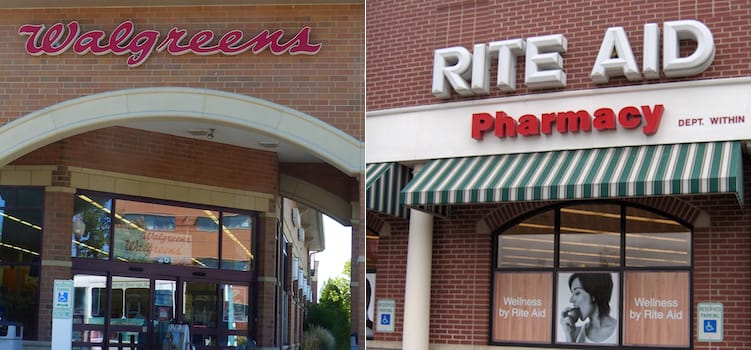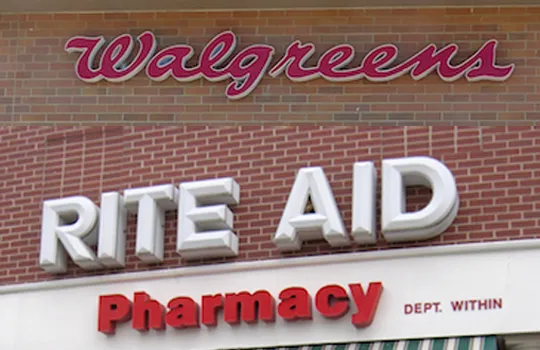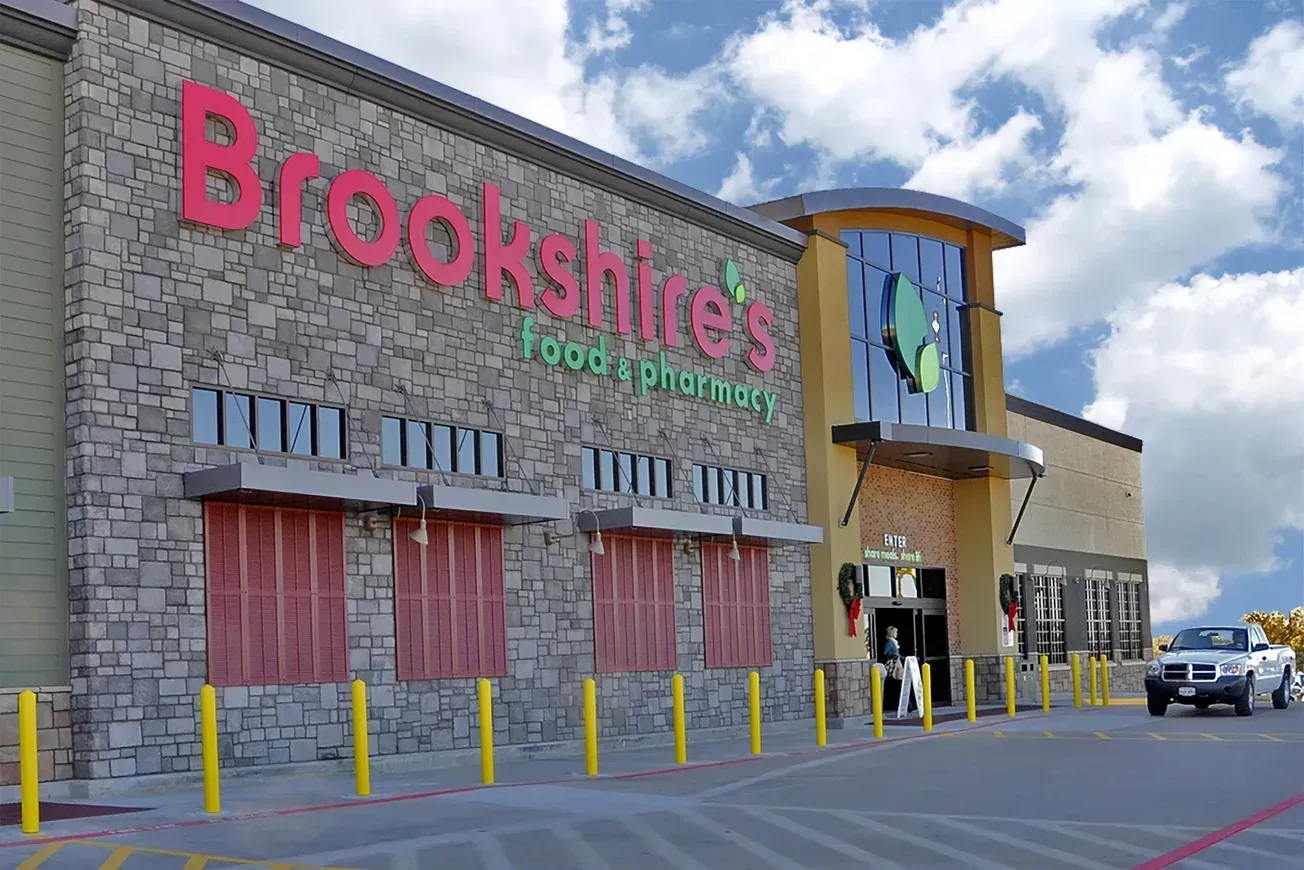
Walgreens Boots Alliance and Rite Aid recently extended the agreement end date for their merger transaction until late January, with the expectation that the deal will get the Federal Trade Commission’s OK in early 2017.
As WBA’s store divestiture talks with the FTC roll on, Deutsche Bank Securities analyst George Hill shed some light on how private equity buyers might play in the negotiations.
News reports last month said WBA hasn’t been able to get private equity firms to bite at acquiring a block of stores earmarked for divestiture. Hill said that led him to talk with some private equity executives to get their take on the WBA-Rite Aid merger and private equity’s possible role in the process of gaining antitrust clearance for the deal.
In a research note on Wednesday, Hill explained that in such a large deal regulators would prefer established competitors (strategic buyers) to purchase divested stores, making private equity players a “last resort.”
“PE buyers would negotiate for very low prices, given the challenges of running a small pharmacy business and the investment needed in systems and management. These conversations supported our belief that most of the divested stores will go to strategic buyers. We continue to expect the deal to be completed,” Hill wrote in his report.
“Having said that, strategics are the last buyers WBA wants to sell stores to, as they will have the most negotiating power and will be the most competitive,” he noted.
The FTC’s preference likely would be for divested stores to go to a strong competitor in each market to uphold the level of competition that existed before the Rite Aid acquisition, according to Hill. But, again, that gives strategic buyers more negotiating leverage.
“These buyers will demand that WBA give up more attractive locations, even current Walgreens locations,” he wrote. “While WBA would command a higher price from a strategic acquirer compared to private equity, the strategic buyer would be a stronger competitor after the deal closes.”
Strategic buyers/established competitors also would have a greater desire than private equity firms to own stores, Hill added.
“We note that the sales process could take longer than expected, and longer than recently indicated by WBA management, but we do not believe there is a real reason for this deal to not get done,” he stated. “We would not be surprised to see the process extend into mid-2017.”
WBA is sticking to an update in September concerning the negotiations with the FTC, in which the company raised its estimate for the number of store divestitures to 500 to 1,000 after originally pegging that figure at around 500 or less.
In WBA’s fourth-quarter earnings call with analysts, executives expressed confidence that the merger deal will be completed. “We have always been optimistic because we have never seen an attitude from the FTC which was absolutely negative,” executive vice chairman and CEO Stefano Pessina told analysts. “We are having a good collaboration,” he added.









